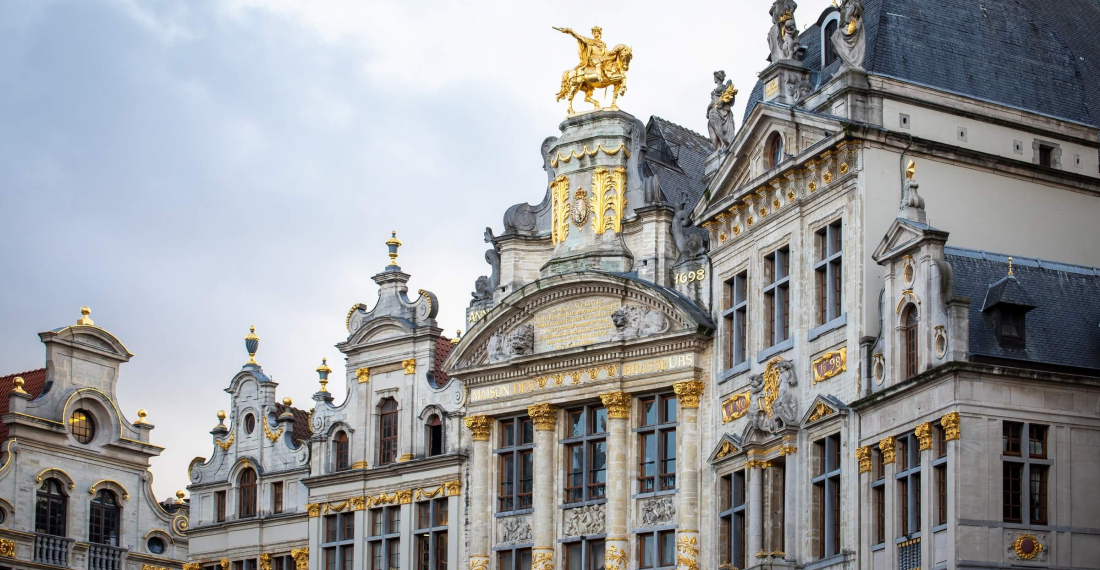US President Joe Biden arrived in the Belgian capital Brussels on Sunday evening (13 June). After three days in Cornwall (United Kingdom) with leaders of the G7 countries, Biden will attend the 2021 NATO Summit today (14 June) and the EU-US Summit tomorrow. He will stay in Brussels from 13 to 15 June.
Biden wants European NATO countries to take more substantial steps against Russian "aggression" and the "challenger", China. The fight against terrorism, cyber-attacks and climate change are also high on the agenda in Brussels. He wants to "breathe new life into" the transatlantic relationship. Former US President Donald Trump had "reviled" the EU and called NATO "outdated". Biden had repeatedly said that the United States was back on the international stage and wanted to show global leadership again.
The Belgian prime minister, Alexander De Croo, welcomed Biden and his partner Jill Biden at Brussels airport. On Tuesday (15 June) they will visit the Belgian King Philippe together.







